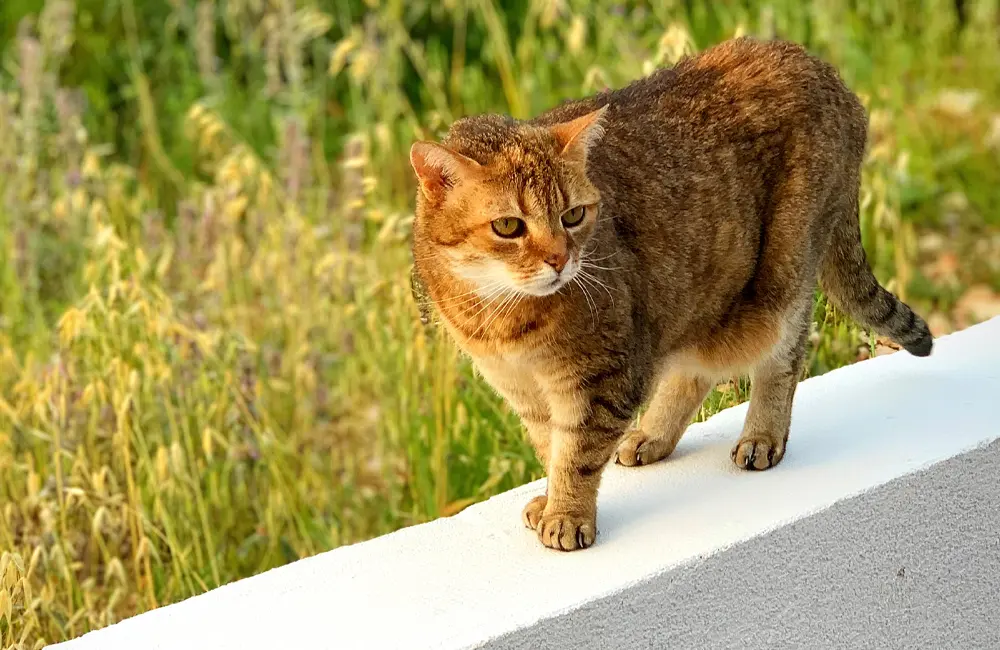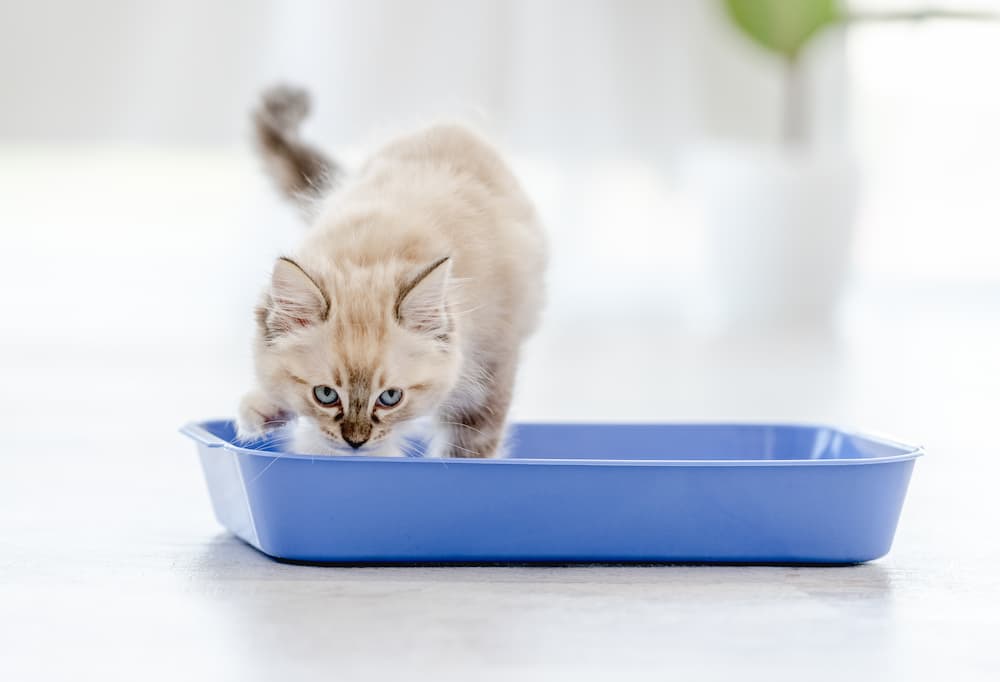Caring for our feline friends means more than just providing love and companionship; it involves understanding their health concerns, including how they react to the food they eat. Food allergies and sensitivities can impact cats significantly, leading to discomfort and serious health issues if not properly addressed. This article breaks down what every cat parent should know about these conditions.

What Are Food Allergies and Sensitivities in Cats?
Food allergies occur when a cat’s immune system mistakenly identifies certain food components as dangerous, triggering an allergic response. Sensitivities or intolerances, unlike allergies, do not involve the immune system and typically manifest as digestive issues. These conditions develop over time, and while any cat can be affected, some may be genetically predisposed.
Common Signs and Symptoms of Food Allergies and Sensitivities in Cats
Vigilant cat owners can look out for various symptoms:
Skin-related symptoms:
- Continuous itching may lead to wounds and infections.
- Redness or inflammation, particularly around the face and ears.
- Unexplained hair loss, caused by frequent scratching or grooming.
Gastrointestinal symptoms:
- Recurrent vomiting or diarrhea which can lead to weight loss.
- Excessive flatulence, a sign of digestive distress.
Respiratory symptoms (less common):
- Sneezing, wheezing, or difficulty breathing can be associated with more severe allergic reactions.
Diagnosis of Food Allergies and Sensitivities in Cats

Diagnosing food allergies or sensitivities in cats involves a collaborative approach with your veterinarian:
Overview of diagnostic methods:
- Elimination diets slowly remove certain foods to identify allergens. If your cat improves after eliminating a particular ingredient, then you’ve found the culprit.
- Food trials introduce novel proteins to determine safe options. Try new foods to see which ones your cat can tolerate without problems.
- Allergy testing, though less common, can provide additional insights.
Common Food Allergens for Cats
Many cats develop allergies to foods that are frequently found in both commercial and home-cooked diets. Some of the most common food allergens include proteins from beef, dairy products, and seafood, with chicken emerging as a significant allergen due to its prevalent use in cat food.
Additionally, some cats may react to gluten or certain additives used in commercial cat foods, though these cases are less common.
Treatment and Management of Food Allergies and Sensitivities in Cats
Once a diagnosis is made, the right management plan can greatly improve your cat’s quality of life:
Treatment strategies:
- Elimination diets or food strategies: Removing allergenic components from your cat’s diet can significantly reduce symptoms, though it may take several weeks to see results.
- Prescription diets: Veterinarians can recommend specialized hypoallergenic diets designed for cats with food allergies or sensitivities.
- Medications: In cases of severe allergic reactions, your veterinarian may prescribe medications such as antihistamines or steroids to alleviate symptoms.
- Hypoallergenic or limited ingredient diets: These diets contain novel or fewer ingredients that are less likely to trigger an allergic response. Many cats with severe food sensitivities do well on a single-protein, balanced, fresh raw food diet.

Preventive Measures for Food Allergies and Sensitivities in Cats
Preventive care is paramount for your cat’s well-being. Engaging in proactive measures can significantly reduce the risk of your cat developing food allergies and sensitivities.
Introducing a diverse diet early in life may help prevent sensitivities to certain foods by exposing the cat’s immune system to a variety of proteins and ingredients.
Regular veterinary check-ups are important, as they can help identify early signs of food allergies or sensitivities. Additionally, feeding high-quality, balanced diets and avoiding sudden changes in food types can maintain a healthy digestive system, potentially minimizing the development of adverse food reactions.
Finally, keeping a detailed food diary, noting any reactions to new foods can be invaluable in early detection and prevention of sensitivities or allergies.
Conclusion
Recognizing and promptly addressing food allergies and sensitivities is crucial for the happiness and health of your cat. Armed with this knowledge, cat owners are better prepared to spot early signs and work alongside vets to find suitable diets and treatments. Always consult with a professional for a tailored approach to your cat’s individual needs, ensuring they continue to live a comfortable and loving life by your side.
The Catington Post is reader-supported. That means, if you make a purchase through links on our site, we may earn an affiliate commission. All images and names which are not the property of The Catington Post are the property of their respective owners.







